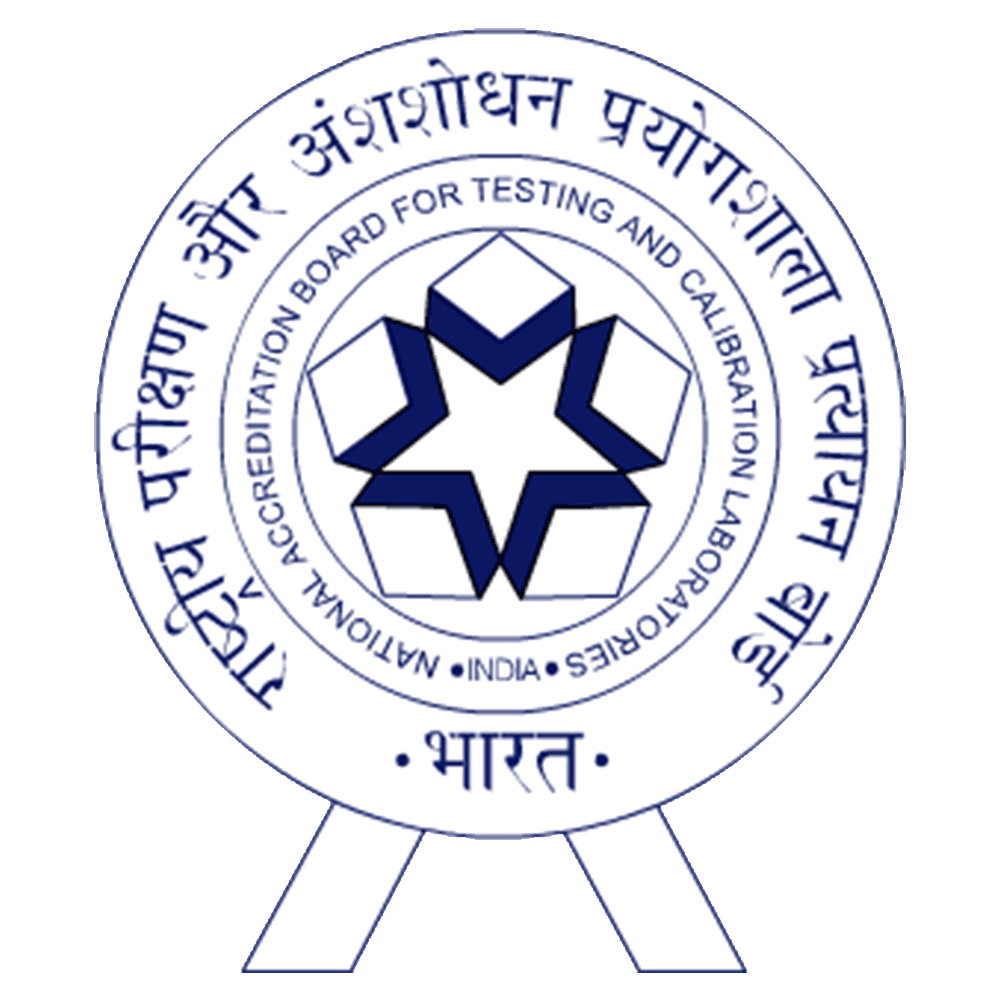Yoga: A Holistic Path to Wellness and Inner Harmony
Yoga is an ancient practice that originated in India thousands of years ago. It is not just a physical exercise; it is a holistic approach to health and well-being that encompasses the mind, body, and spirit. The word "yoga" itself means union, symbolizing the connection between the individual self and the universal consciousness.
At its core, yoga is a discipline that combines physical postures (asanas), breath control (pranayama), meditation, and ethical principles to promote harmony and balance in all aspects of life. It provides a comprehensive framework for self-discovery, self-improvement, and self-realization.
Yoga and Asanas
One of the key aspects of yoga is the practice of asanas, which are specific body postures designed to increase strength, flexibility, and balance. Through mindful movement and conscious breathing, asanas help to release tension, improve circulation, and promote overall physical health. Regular practice of yoga asanas can enhance posture, alleviate muscular and skeletal issues, and increase vitality.
In addition to the physical benefits, yoga places great emphasis on the breath. Pranayama, the practice of controlling and regulating the breath, is an integral part of yoga. By learning to manipulate the breath, practitioners can calm the mind, reduce stress, and enhance mental clarity. Deep, conscious breathing not only nourishes the body with oxygen but also helps to create a sense of inner calm and emotional stability.
Yoga and Meditation
Another essential aspect of yoga is meditation. Through meditation, individuals can cultivate a calm and focused mind, free from distractions and negative thoughts. Regular meditation practice promotes self-awareness, emotional well-being, and inner peace. It allows individuals to tap into their inner wisdom and connect with their true essence.
Furthermore, yoga encompasses ethical principles known as the Yamas and Niyamas. These guidelines provide a moral and ethical framework for living a virtuous and purposeful life. They include principles such as honesty, non-violence, contentment, self-discipline, and self-study. By incorporating these principles into daily life, individuals can cultivate a sense of integrity, compassion, and harmony in their interactions with others and the world around them.
Yoga is a versatile practice that can be adapted to suit individuals of all ages, abilities, and fitness levels. Whether practiced in a group setting or in the solitude of one's own space, yoga offers a non-competitive and non-judgmental environment for self-exploration and personal growth. It encourages individuals to listen to their bodies, honor their limitations, and progress at their own pace.
The benefits of regular yoga practice extend far beyond the physical realm. It has been shown to reduce stress, improve sleep quality, boost immune function, increase energy levels, and enhance overall mental well-being. Yoga is also known to support healthy weight management, improve cardiovascular health, and promote a sense of connectedness and unity with oneself and the world.
In a fast-paced and often stressful modern world, yoga provides a sanctuary of tranquility and self-care. It offers a pathway to self-discovery, self-acceptance, and self-transformation. By embracing the principles and practices of yoga, individuals can embark on a journey of personal growth, leading to a more balanced, harmonious, and fulfilling life.
What are the benefits of Yoga?
Yoga offers a wide range of benefits for the mind, body, and spirit. Regular practice of yoga can have a transformative effect on overall well-being. Here are some key benefits of incorporating yoga into your lifestyle:
Physical Fitness: Yoga promotes physical strength, flexibility, and balance. Through the practice of asanas (yoga postures), you can improve muscle tone, enhance joint mobility, and develop better body awareness. Yoga also helps in maintaining a healthy weight and supports overall physical fitness.
Stress Reduction: One of the most well-known benefits of yoga is its ability to reduce stress and promote relaxation. Through conscious breathing techniques and meditation, yoga activates the body's relaxation response, lowers stress hormones, and calms the mind. Regular practice can help manage stress, anxiety, and promote a sense of inner calm.
Improved Mental Clarity and Focus: Yoga incorporates mindfulness and meditation practices that enhance mental clarity, concentration, and focus. By quieting the mind and reducing mental chatter, yoga helps improve cognitive function, memory, and decision-making abilities.
Emotional Well-being: Yoga has a positive impact on emotional well-being. It helps in reducing symptoms of depression, anxiety, and other mood disorders. The combination of physical movement, breath control, and meditation helps regulate emotions, cultivate self-awareness, and promote a more balanced emotional state.
Increased Energy and Vitality: Regular yoga practice can boost energy levels and improve overall vitality. The combination of physical postures, breathwork, and relaxation techniques helps to rejuvenate the body and mind, leaving you feeling more energized and revitalized.
Improved Sleep Quality: Yoga can help improve the quality of sleep and promote better sleep patterns. The relaxation techniques and mindful breathing practiced in yoga can calm the nervous system, reduce insomnia, and enhance the ability to fall asleep and stay asleep.
Enhanced Flexibility and Range of Motion: Yoga postures gently stretch and lengthen muscles, tendons, and ligaments, leading to increased flexibility and improved range of motion. Regular practice can improve overall flexibility, making daily movements easier and reducing the risk of injuries.
Strengthens the Immune System: Yoga supports a healthy immune system by reducing stress, improving circulation, and stimulating the lymphatic system. A strong immune system helps the body fight off infections, illnesses, and promotes overall well-being.
Heart Health: Yoga can contribute to cardiovascular health by improving circulation, lowering blood pressure, and reducing the risk of heart disease. The gentle, rhythmic movements and breath control in yoga help maintain a healthy heart and cardiovascular system.
Inner Harmony and Spiritual Growth: Yoga is a holistic practice that fosters a sense of inner harmony, self-awareness, and spiritual connection. It provides a space for self-reflection, self-discovery, and personal growth. Through the practice of ethical principles and mindfulness, yoga cultivates a deeper understanding of oneself and the world around.
Yoga Lifestyle Clinic at Sir Ganga Ram Hospital
Incorporating yoga into your lifestyle can bring about remarkable benefits for your mind, body, and spirit. The practice of yoga offers physical fitness, stress reduction, improved mental clarity, emotional well-being, increased energy, enhanced flexibility, better sleep quality, a strengthened immune system, improved heart health, and a path to inner harmony and spiritual growth. If you're ready to experience the transformative power of yoga, we invite you to explore the Yoga Lifestyle Clinic at Sir Ganga Ram Hospital. Our dedicated team of experts is committed to guiding you on your yoga journey and helping you reap the numerous rewards it has to offer. Embrace the practice of yoga and discover a path to holistic well-being. Visit the Yoga Lifestyle Clinic at Sir Ganga Ram Hospital today!
Other forms of Physical exercises
Physical exercise is a vital component of a healthy lifestyle, and there are various forms of exercise that offer unique benefits to the body and mind. Let's explore some popular forms of physical exercises and their advantages:
Cardiovascular Exercises: These exercises focus on increasing your heart rate and improving cardiovascular fitness. Activities like running, jogging, cycling, swimming, and aerobics fall under this category. Benefits include improved heart health, increased stamina, enhanced lung capacity, weight management, and reduced risk of chronic diseases such as heart disease, diabetes, and obesity.
Strength Training: Strength training involves resistance exercises using weights, resistance bands, or body weight to build muscle strength and endurance. It includes exercises like weightlifting, push-ups, squats, and lunges. The benefits of strength training include increased muscle mass, improved bone density, enhanced metabolism, better posture, and reduced risk of injuries.
Flexibility and Stretching: Stretching exercises aim to improve flexibility and joint range of motion. Activities like yoga, Pilates, and stretching routines help elongate muscles and increase suppleness. Benefits include improved posture, reduced muscle tension, enhanced athletic performance, increased blood circulation, and injury prevention.
High-Intensity Interval Training (HIIT): HIIT workouts involve alternating between short bursts of intense exercises and periods of rest or lower-intensity exercises. This form of exercise challenges both the cardiovascular and muscular systems, promoting fat burning, improving endurance, boosting metabolism, and increasing overall fitness levels.
Mind-Body Exercises: These exercises focus on the connection between the mind and body, promoting relaxation, stress reduction, and mindfulness. Practices like yoga, tai chi, and qigong combine physical movements with breath control and meditation. Benefits include improved mental clarity, reduced stress and anxiety, increased body awareness, improved balance, and enhanced overall well-being.
Low-Impact Exercises: Low-impact exercises are gentle on the joints and suitable for individuals with joint pain or injuries. Examples include walking, swimming, cycling, and using elliptical machines. Benefits include improved cardiovascular health, joint mobility, muscle strength, weight management, and reduced risk of injuries.
Remember, it's important to choose exercises that suit your fitness level, preferences, and any specific health considerations. Combining different forms of exercise can provide a well-rounded fitness routine and maximize the benefits for your body and mind.
Before embarking on any rigorous physical activity or exercise program, it is essential to consult a trained and certified physical trainer or fitness professional. They can assess your fitness level, provide guidance on appropriate exercises, and help create a tailored plan that suits your individual needs and goals.
Additionally, it's important to consult your healthcare provider, especially if you have any underlying health conditions or concerns. They can provide valuable advice, considering your specific medical history and any precautions or modifications that may be necessary.
Remember, the key to a safe and effective exercise routine is finding the right balance between challenging yourself and listening to your body's signals. By seeking professional guidance and medical advice, you can ensure that your fitness journey is enjoyable, sustainable, and promotes overall well-being.
Start your fitness journey on the right foot by consulting with a professional and taking the necessary precautions. Stay motivated, stay consistent, and enjoy the transformative power of physical exercise.
Note: The information provided here is for educational purposes only and should not be considered medical advice. Always consult with a healthcare professional before starting any new exercise or fitness program.



